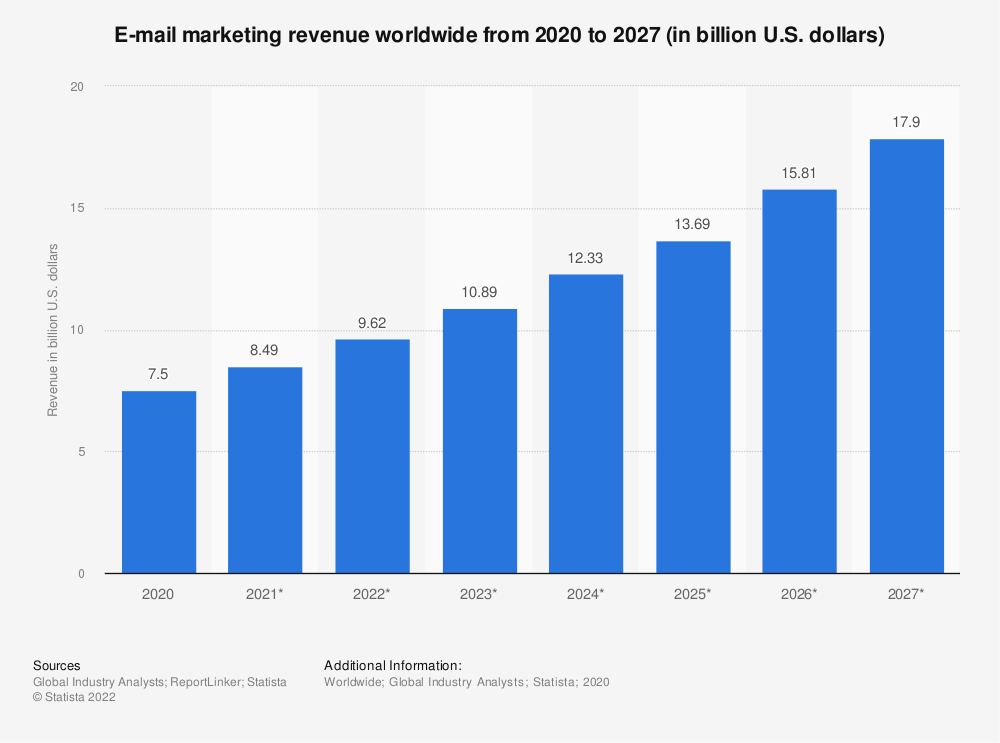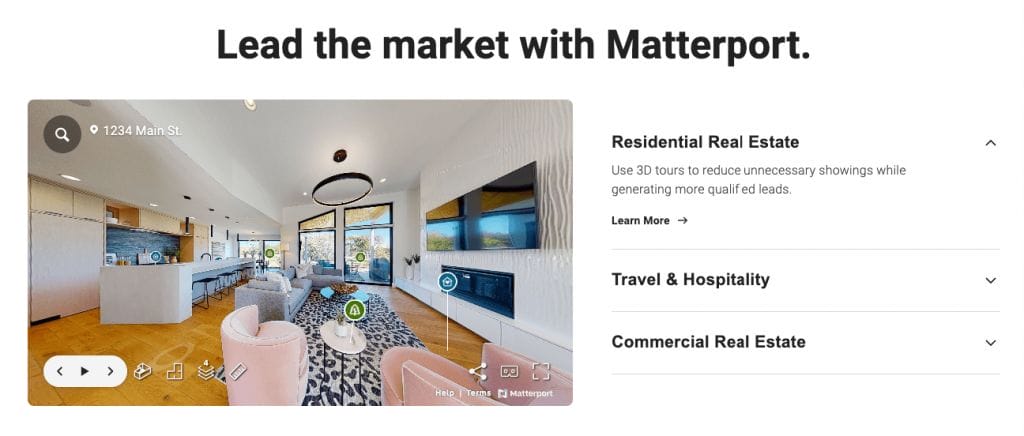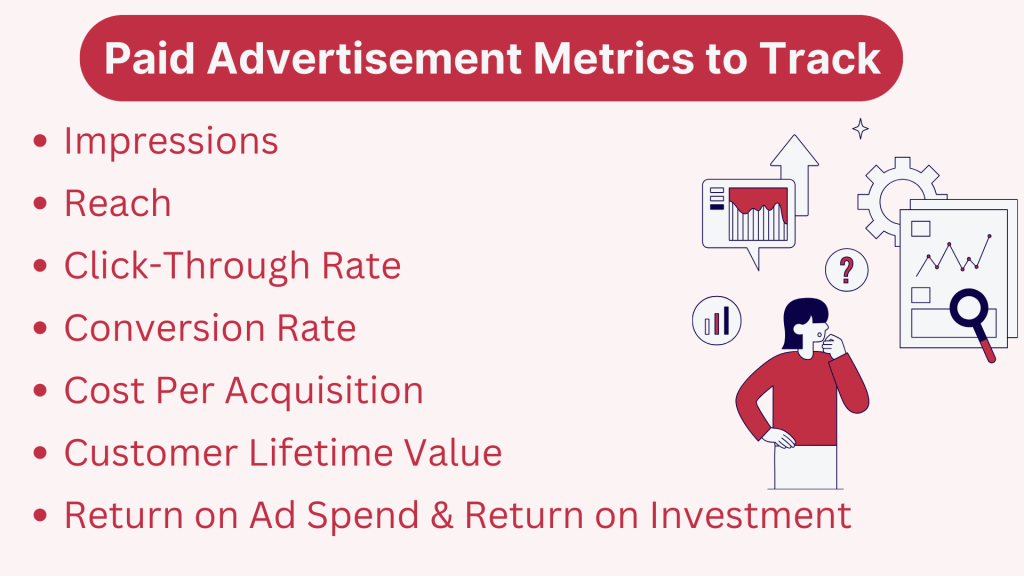The success of every real estate business is centered around its ability to generate effective leads. A “real estate lead” is any individual or organization interested in buying or selling property. But how does one get these leads?
This is done through lead generation, which is a constantly evolving process that comes with many challenges, such as:
- Producing enough leads.
- Wrestling with costs associated with various tactics.
- Keeping up with digital platforms and technology.
- Overcoming a fiercely competitive online environment.
To achieve all that, however, you need a solid real estate lead generation plan that works equally well for both online and offline leads. In this article, we’ll show you how to do that and unlock some exciting strategies to help you stay on top of trends and your real estate lead generation goals.
The landscape of real estate lead generation
Just like any other industry, real estate is constantly shifting, and traditional methods like physical networking events, cold calls, and direct mail are slowly losing their power.
As the tide of technological advancement rolled in, coupled with shifts in consumer behavior and market competition, these reliable methods started to lose their effectiveness. The internet opened a floodgate of transparency in property listings, tipping the scales and disturbing the balance that traditional lead generation methods once maintained.
To remain competitive, real estate professionals have to adapt, evolve, and align with the new order, or they risk losing market share and relevance.
New opportunities in the digital era
In the last 10-15 years, how real estate businesses find potential customers has changed greatly. Now, being on social media and using digital marketing for real estate isn’t really optional – you have no choice but to be active online, as it’s one of the main ways to reach new customers.
Here are just a few examples of how much technology has integrated into real estate lead generation:
- Now you’re able to target audiences directly, using data and advertising algorithms, instead of putting a billboard on a highway and waiting for the right people to see it.
- Virtual property tours and interactive experiences make it easier to connect with customers, even from far away.
- Automated systems for finding and managing potential customers are now more accurate and save time, which also saves money. This is a big change from older methods like sending direct mail, which can be expensive.
There are also many changes in how companies find and connect with their customers:
- Search Engine Optimization (SEO) brings more visitors to property websites through organic rankings.
- Social media marketing helps businesses build their brands and connect with people in a more personal way.
- Creating targeted email campaigns and hosting online webinars are great for talking directly with potential customers.
- New real estate technologies, like customer relationship management software, make it easier to keep track of customers.
Still, the digital situation keeps shifting, and what is modern and valuable now could become outdated in just a few years. There are many new technologies on the way, and using them effectively is critical to staying ahead in the fast-moving real estate world.
Effective online real estate lead generation strategies
According to the 2022 NAR Profile of Home Buyers and Sellers, 51% of property owners found their homes on the Internet, so having an excellent online presence is the basis of modern real estate lead generation. It serves as a vital touchpoint, connecting potential clients with businesses and offering a seamless user experience.
Whether through comprehensive websites, targeted email newsletters, or intuitive mobile apps, being part of the online business world offers numerous innovative and cost-effective approaches that realtors can use to generate and convert leads.
Leveraging seo to attract potential clients
SEO is a powerful strategy that, if executed correctly, can put your real estate website in the spotlight for millions of people to see. It involves many different aspects, but here are the most important ones:
- Keyword optimization: This includes researching relevant keywords and putting them on your website – whether in a property listing or another relevant page. Specific action-oriented keywords, for example, “three-bedroom houses in DC price”, have the power to direct organic traffic from users who are actively interested in real estate transactions and hence, are more likely to convert into leads.
- Local SEO: By focusing on geographic-specific keywords, you can rank faster and attract only the relevant leads who are genuinely interested in looking for properties in this specific area.
- Off-site SEO: Quality backlinks from high-authority websites also enhance your site’s credibility before search engines.
Hosting webinars on relevant real estate trends and topics can also contribute to your organic rankings.
Additionally, you can use keyword optimization on the webinar registration page or any promotional webinar content on your website to further increase your chances of ranking high.
Lastly, to gain deep insight into the effectiveness of your SEO strategy, it’s important to track key performance indicators (KPIs), including:
- Organic traffic volume.
- Search engine rankings.
- Click-through rate (CTR).
- Bounce rate.
- Quality and quantity of backlinks.
- Keyword performance.
- Page loading speed.
- Time spent on page.
- Pages visited per session.
- Conversion rate.
Choose the ones that are the most relevant to your goals and use them to conduct a comprehensive SEO audit or craft a progressive strategy that is uniquely tailored to your real estate business.
Social media strategies for lead generation
Social media platforms are now a powerful tool, enabling professionals to expand their network and attract potential leads, even for commercial real estate.
- Facebook, the home of Facebook Marketplace, offers localized property listings, making it a worthwhile tool for realtors.
- Instagram, owing to its visual-centric format, not only showcases stunning property images and virtual tours but also offers “Stories,” a tool that effectively highlights immediate property dealings, special events, and more.
- LinkedIn, the professional networking platform, helps establish credibility and nurtures professional relationships. With the use of LinkedIn Articles, realtors can share insightful industry content to foster robust professional connections.
Social media advertising provides a significant boost to visibility amongst potential leads. Platforms like Facebook and Instagram also open doors to hosting live sessions or posting webinars, facilitating engaging, interactive content that is easily shareable.
For instance, realtors can quickly start doing ‘Live Q&A’ sessions on Instagram or promoting webinars on their Facebook pages to increase engagement and lead conversions.
Email marketing tactics
Email marketing stands at the forefront of personalized lead generation strategies, given its wide-reaching capabilities and revenue potential. According to research by Statista, in 2020 alone, the global email marketing market was valued at 7.5 billion U.S. dollars, projected to keep growing to 17.9 in 2027.
Here is what you need to do for a successful email marketing campaign:
- Gather potential clients’ email addresses through website forms, contest entries, and webinar registrations.
- When crafting your emails, use attention-grabbing subject lines and relevant content. Emails could spotlight market insights, home maintenance tips, or success stories, catering to diverse reader interests.
- Use email list segmentation to group your audience based on demographics, engagement level, or customer journey stages to deliver the most engaging content.
- Take advantage of automation features, like those offered by WebinarPress, to engage with your audience. For example, WebinarPress integrates with all major email marketing tools like MailChimp, Zapier, and ConvertKit so that you can send personalized follow-up messages based on user actions. This can streamline the lead nurturing process and enhance conversion probabilities.
- Offer exclusive or priority webinar access to email subscribers as an extra incentive for them to sign up.
Offline strategies for effective real estate lead generation
Being online is essential, but for real estate agents and businesses, their offline presence is just as vital if they want to enhance their lead-generation strategies
From networking events to print media advertising, a range of non-digital methods exist that can effectively foster more personalized interactions, build stronger professional relationships, and ultimately convert these connections into valuable leads.
Networking events and conferences
The power of face-to-face interactions at networking events and conferences remains among the best ways to generate real estate leads. These platforms offer unparalleled opportunities to meet potential clients, industry professionals, and real estate partners in a more personal setting. There are a wide variety of events, including local business meet-ups, industry conferences, charity events, and home shows.
Effective networking involves a carefully crafted strategy, including essential elements such as:
- An engaging elevator pitch that successfully communicates your value proposition.
- A professional image that fosters credibility.
- Creating valuable connections to pave the way for potential leads.
- A diligent follow-up process to ensure these leads are nurtured post-event.
One of the challenges professionals frequently encounter at these events is initiating conversations with unfamiliar faces. A practical approach is to start with a general topic common to all attendees, gradually steering the discourse towards business.
Another challenge is efficiently dividing time amongst potential valuable contacts. Pre-event research can help you identify high-priority attendees and make time management more effective. Regular participation in local and industry-specific events not only strengthens your network but also positions you as a reliable field expert.
Using print media to your advantage
One of the golden rules in marketing is that you have to adapt to your target audience. Online presence is excellent for a younger demographic, but not everyone in your potential lead list is going to be online. This is why it’s so important to take advantage of different types of media, including print.
Effective print assets typically encompass informational flyers, brochures, direct mail postcards, and local newspaper advertisements.
Make sure to use:
- High-resolution, visually appealing property images to capture attention.
- Clear and concise contact information to show potential leads know exactly how to reach you.
- Thoughtfully written copy, one that resonates with the dreams and desires of potential clients, turning your material into a persuasive tool to drive action.
In the midst of increasingly digital strategies, offline lead generation can seem intimidating or even obsolete. However, its enduring relevance and proven efficiency should not be overlooked.
By integrating these offline methods with their digital counterparts, real estate professionals can achieve a holistic approach to lead generation, casting a wider net to successfully engage potential leads.
Creative ways to generate real estate leads
As a real estate agent looking for success, you must open your mind to unconventional lead-generation methods. In this next section, we’ll walk you through some thought-provoking strategies to help you surpass the competition and engage potential clients more uniquely.
Innovative tech tools for real estate lead generation
To advance in the real estate sector, you must embrace technology, particularly in revolutionizing traditional lead generation methods. Cutting-edge tools such as Customer Relationship Management (CRM) systems, predictive analytics, and virtual tour software, among others, markedly enhance the lead generation pulse.
CRMs offer a more organized approach to managing client data, whereas predictive analytics deploys smart algorithms to forecast buyer trends and behavior. Additionally, virtual tour software enables potential buyers to get a real-time experience of properties without leaving their comfort zones, adding a layer of convenience to the exploration process.
More examples of great uses of technology are informative webinars and workshops. You can use a tool like WebinarPress to bridge the gap between your business and potential clients by nurturing engagement and generating qualified leads.
The live chat function fosters real-time interaction during webinars, and the ability to scale up for larger events translates to maximized reach, thus magnifying lead generation results.
Hosting informative webinars and workshops
Webinars and workshops allow you to demonstrate expertise and provide value throughout sessions, fostering connections with potential clients that often lead to stronger business relationships.
Driving a successful real estate webinar or workshop involves:
- Selecting topics that hold relevance for the audience and have long-term appeal. These could include property investment tips or forecasts about real estate market trends.
- Crafting engaging content that holds attendees’ interest throughout the session. Visual anecdotes, compelling stats, and expert insights can enliven your presentation.
- Casting a broad promotional net to capture wide-ranging potential leads. Consider utilizing multiple channels, such as email campaigns, social media posts, and targeted website ads.
- Inviting attendee interactions during the session via live chats, Q&A segments, and real-time polls. This can enhance attendee involvement and attention span.
- Following up after the webinar with personalized messages and surveys, thereby showing appreciation for the attendee’s time and reinforcing your message. WebinarPress allows for automated yet personalized follow-up emails, thus making this process efficient and effective.
With its excellent set of features, WebinarPress adds considerable weight to your webinar hosting capabilities. For instance, the live chat functionality boosts lead engagement by providing a platform for immediate inquiries and feedback, which could expedite the conversion process.
If you’re curious about how WebinarPress works, try out the free demo site today!
Putting together your realtor lead generation action plan
A robust lead generation blueprint is fundamental for successful real estate ventures. This plan should encompass cost-effective methods of securing leads, tools for measuring success, and strategies adaptable to market fluctuations.
Having the right tools and platforms at your disposal, like the WebinarPress plugin, is a cornerstone of effective lead generation.
Cost-effective ways to generate leads
Not all leads are created equal, so your aim should be to attract quality leads that are likely to convert at an affordable cost. There are multiple avenues for generating cost-effective leads, such as:
- Acquiring leads through social media outreach.
- Enhancing online presence with SEO strategies.
- Creating unique, valuable content.
- Using tools like Google’s keyword planner or BuzzSumo to brainstorm economical content that draws in potential leads.
- Hosting engaging webinars on your real estate website to showcase expertise and engage with the community.
When to invest in paid lead generation
Transitioning to paid lead generation is a major decision that involves evaluating factors such as your budget, business size, competition levels, and potential lead value. Platforms like Google Ads and Facebook Advertising allow you to boost the visibility of your real estate firm and attract more potential clients.
For instance, leveraging Facebook’s targeted advertising can help you tap into specific demographics, significantly increasing their lead conversion rates. While delving into paid lead generation, it’s crucial to establish tracking metrics to measure the campaign’s efficacy to ensure your investment is resulting in a substantial Return On Investment (ROI).
Set realistic goals and strategy
Setting enduring yet achievable goals is key to creating an impactful lead-generation strategy. Conceiving SMART (Specific, Measurable, Achievable, Relevant, Time-bound) goals brings structure and trackability to your strategy.
For example, a SMART goal could be to ‘Increase new property listings by 20% over the next quarter by using targeted social media ads and local networking events’.
💡Tip: Be careful to balance ambition with reality and adaptability, keeping in mind the inherent volatility of real estate markets.
Choose your tools and platforms
The right tools and platforms can significantly impact your lead-generation efforts, so focus on the ones that accommodate your business needs, capabilities, and audience habits.
For example, CRM tools like Salesforce or HubSpot, email marketing platforms like Mailchimp, and social media management tools like Hootsuite can offer considerable support in your lead generation journey.
Measure success and tweak strategy
Consistent monitoring and measurement of your lead generation strategy is the backbone of its success. By keeping an eye on key metrics such as the lead conversion rate, cost per lead, and ROI, you can ensure the strategy’s effectiveness and make data-driven adjustments.
Dedicated analytics dashboards such as Google Analytics can offer crucial insights into website traffic and lead sources. Tuning your strategy based on these insights is conveniently possible with WebinarPress, allowing for flexibility and ongoing strategy refinement.
Putting ideas into action with WebinarPress
Lead generation is not an easy task, but it’s unfortunately a significant part of any successful business, including real estate.
Thankfully, there are many tools available to aid this process, from target audience research, SEO, and email marketing all the way through webinar creation. If you need a reliable partner for this, look no further than WebinarPress.
With its intuitive features like real-time chat for interactive engagement and simple setup procedures for live, automated, recurring, or paid webinars, you’re sure to stand out from the competition and nurture genuine connections with potential leads.
This specialized plugin not only helps you share your expertise through interactive webinars but also harnesses the power of engagement, contributing to more successful real estate lead generation.
Don’t miss your chance to transform your real estate marketing now! Download the WebinarPress plugin today to elevate your property showcases and connect with interested buyers more effectively.








